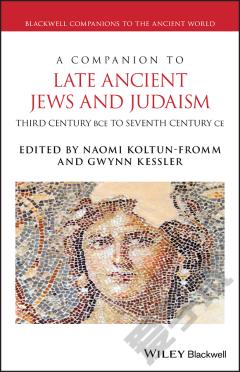The Jew, the Cathedral and the Medieval City: Synagoga and Ecclesia in the Thirteenth Century
In the thirteenth century, sculptures of Synagoga and Ecclesia - paired female personifications of the Synagogue defeated and the Church triumphant - became a favoured motif on cathedral façades in France and Germany. Throughout the preceding centuries, the Jews of northern Europe prospered financially and intellectually, a trend that ran counter to the long-standing Christian conception of Jews as relics of the prehistory of the Church. In this book, Nina Rowe examines the sculptures as defining elements in the urban Jewish-Christian encounter. She locates the roots of the Synagoga-Ecclesia motif in antiquity and explores the theme's public manifestations at the cathedrals of Reims, Bamberg, and Strasbourg, considering each example in relation to local politics and culture. Ultimately, she demonstrates that royal and ecclesiastical policies to restrain the religious, social, and economic lives of Jews in the early thirteenth century found a material analog in lovely renderings of a downtrodden Synagoga, placed in the public arena of the city square.
{{comment.content}}








 京公网安备 11010802027623号
京公网安备 11010802027623号